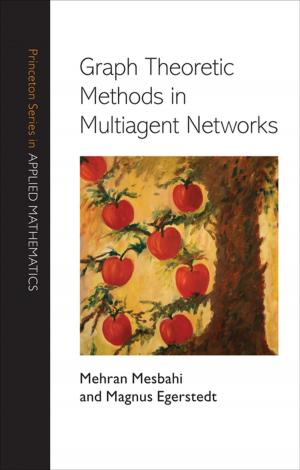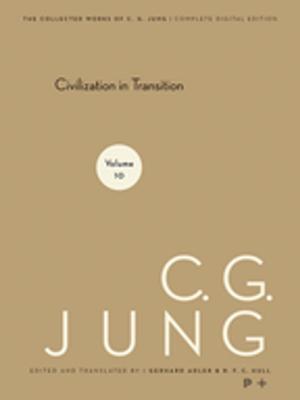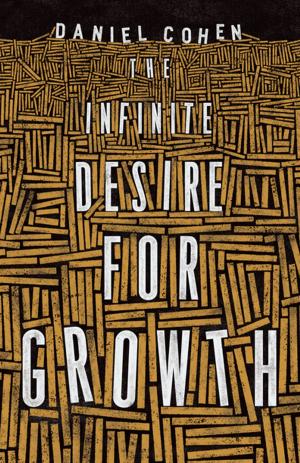| Author: | Gregory Moore, Johann Gottfried Herder | ISBN: | 9781400827169 |
| Publisher: | Princeton University Press | Publication: | January 10, 2009 |
| Imprint: | Princeton University Press | Language: | English |
| Author: | Gregory Moore, Johann Gottfried Herder |
| ISBN: | 9781400827169 |
| Publisher: | Princeton University Press |
| Publication: | January 10, 2009 |
| Imprint: | Princeton University Press |
| Language: | English |
A seminal figure in the philosophy of history, culture, and language, Johann Gottfried Herder (1744-1803) also produced some of the most important and original works in the history of aesthetic theory. A student of Kant, he spent much of his life striving to reconcile the opposing poles of Enlightenment thought represented by his early mentors. His ideas influenced Hegel, Schleiermacher, Nietzsche, Dilthey, J. S. Mill, and Goethe.
This book presents most of Herder's important writings on aesthetics, including the main sections of one of his major untranslated works, Kritische Wälder (Critical Forests). These notes, essays, and treatises, the majority of which appear here in English for the first time, show this idiosyncratic thinker both deeply rooted in the controversies of his day and pointing the way to future developments in aesthetics. Chosen to reflect the extent and diversity of Herder's concerns, the texts cover such topics as the psychology and physiology of aesthetic perception, the classification of the arts, taste, Shakespeare, the classical tradition, and the relationship between art and morality.
Few thinkers have reflected so sensitively and productively on the cultural, historical, anthropological, ethical, and theological dimensions of art and the creative process. With this book, the importance of aesthetics to the evolution and texture of Herder's own thought, as well as his profound contribution to that discipline, comes fully into view.
A seminal figure in the philosophy of history, culture, and language, Johann Gottfried Herder (1744-1803) also produced some of the most important and original works in the history of aesthetic theory. A student of Kant, he spent much of his life striving to reconcile the opposing poles of Enlightenment thought represented by his early mentors. His ideas influenced Hegel, Schleiermacher, Nietzsche, Dilthey, J. S. Mill, and Goethe.
This book presents most of Herder's important writings on aesthetics, including the main sections of one of his major untranslated works, Kritische Wälder (Critical Forests). These notes, essays, and treatises, the majority of which appear here in English for the first time, show this idiosyncratic thinker both deeply rooted in the controversies of his day and pointing the way to future developments in aesthetics. Chosen to reflect the extent and diversity of Herder's concerns, the texts cover such topics as the psychology and physiology of aesthetic perception, the classification of the arts, taste, Shakespeare, the classical tradition, and the relationship between art and morality.
Few thinkers have reflected so sensitively and productively on the cultural, historical, anthropological, ethical, and theological dimensions of art and the creative process. With this book, the importance of aesthetics to the evolution and texture of Herder's own thought, as well as his profound contribution to that discipline, comes fully into view.















